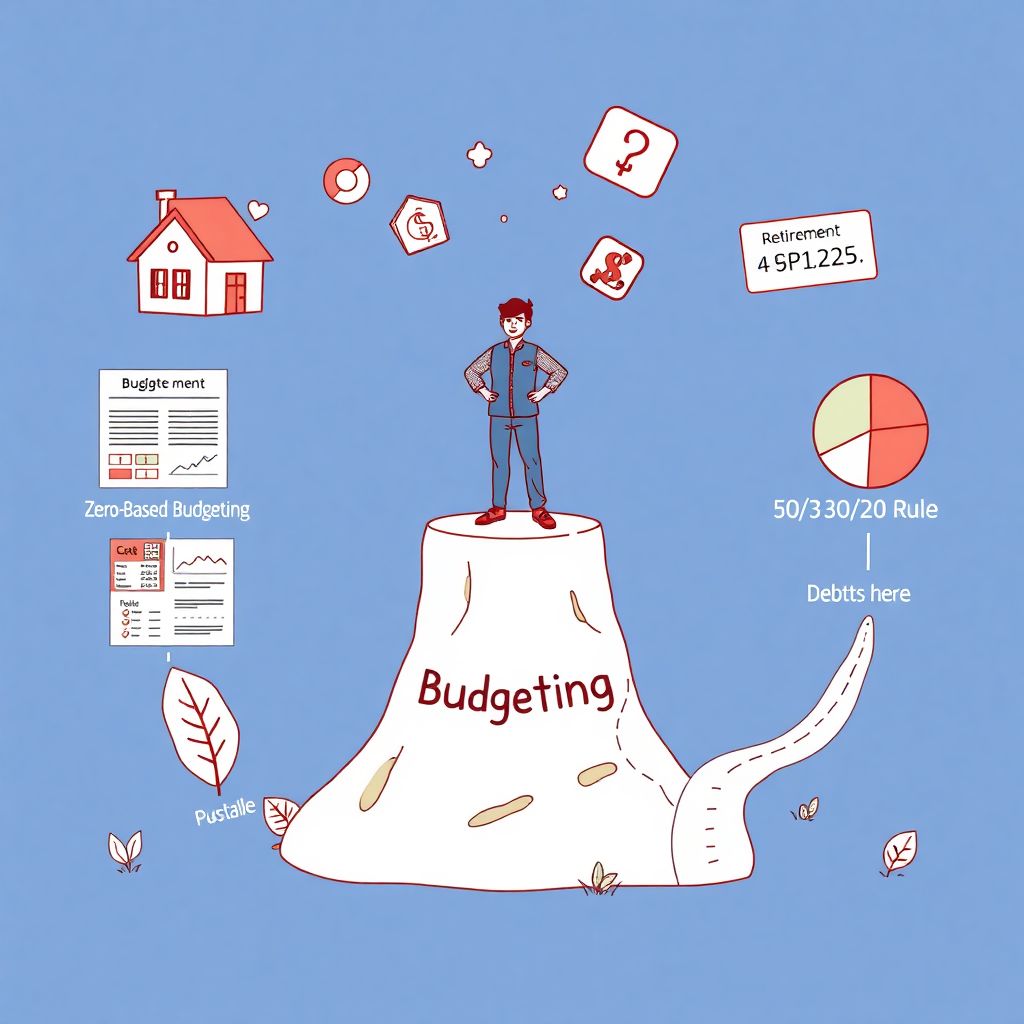Why Budgeting is the Foundation of Financial Freedom
Understanding the Core of Financial Freedom
Financial freedom doesn’t begin with earning more—it starts with managing what you already have. Budgeting is the mechanism that transforms income into purpose-driven spending. Without a clear plan, even high earners can find themselves in financial distress. Budgeting provides clarity, discipline, and insight into daily financial decisions. It allows individuals to align short-term behavior with long-term goals, whether that’s buying a home, retiring early, or simply avoiding debt. It is not a restriction, but rather a tool for intentional living.
Comparing Approaches: Zero-Based Budgeting vs. 50/30/20 Rule
Among the most common budgeting strategies are zero-based budgeting and the 50/30/20 rule. Zero-based budgeting assigns every dollar a specific job—expenses, savings, or debt—until the balance is zero. This approach offers maximum control and works well for detail-oriented individuals. However, it can be time-intensive and less flexible. In contrast, the 50/30/20 rule is simpler: allocate 50% of income to needs, 30% to wants, and 20% to savings or debt repayment. While easier to implement, it may not suit those with fluctuating expenses or irregular income. Choosing the right method often depends on lifestyle, personality, and financial goals.
The Role of Technology: Benefits and Pitfalls

Digital tools have revolutionized personal finance management. Apps like YNAB (You Need a Budget), Mint, and PocketGuard offer automation, real-time updates, and financial insights. They help track spending patterns and alert users to overspending, making budgeting more interactive. However, these tools are not without drawbacks. Some charge subscription fees, while others may compromise privacy by linking to bank accounts. Additionally, over-reliance on automation might reduce personal engagement with financial decisions. For tech-savvy users, these platforms can be powerful allies—but they should complement, not replace, financial awareness.
Choosing the Right Budgeting Strategy
Selecting a budgeting method begins with self-assessment. Consider income stability, financial literacy, and personal discipline. For freelancers or those with variable income, a flexible or envelope system might suit best. Individuals with fixed salaries and long-term planning goals may benefit more from zero-based budgeting. It’s also important to review and revise the budget regularly—what worked during one life stage may become obsolete in another. The key is sustainability: the best budget is the one you can maintain consistently, not the most complex one.
Budgeting Trends to Watch in 2025
Looking ahead to 2025, budgeting is expected to become more personalized and data-driven. AI-powered apps will offer dynamic budgeting based on spending habits, upcoming expenses, and financial goals. Subscription tracking, net worth dashboards, and embedded investment tools are gaining traction. Moreover, financial literacy education—especially among Gen Z—is pushing demand for intuitive interfaces and gamified saving experiences. One emerging trend is ‘value-based budgeting,’ where spending aligns with personal values rather than rigid categories. As economic uncertainty persists, adaptive budgeting will be more essential than ever.
Conclusion: Budgeting as a Lifestyle Shift
Budgeting isn’t merely about numbers—it’s a mindset shift from reactive to proactive money management. By choosing a tailored approach, leveraging the right technology, and staying attuned to evolving tools and strategies, individuals can take control of their financial path. In a world full of financial noise, budgeting remains the quiet discipline that empowers freedom.

